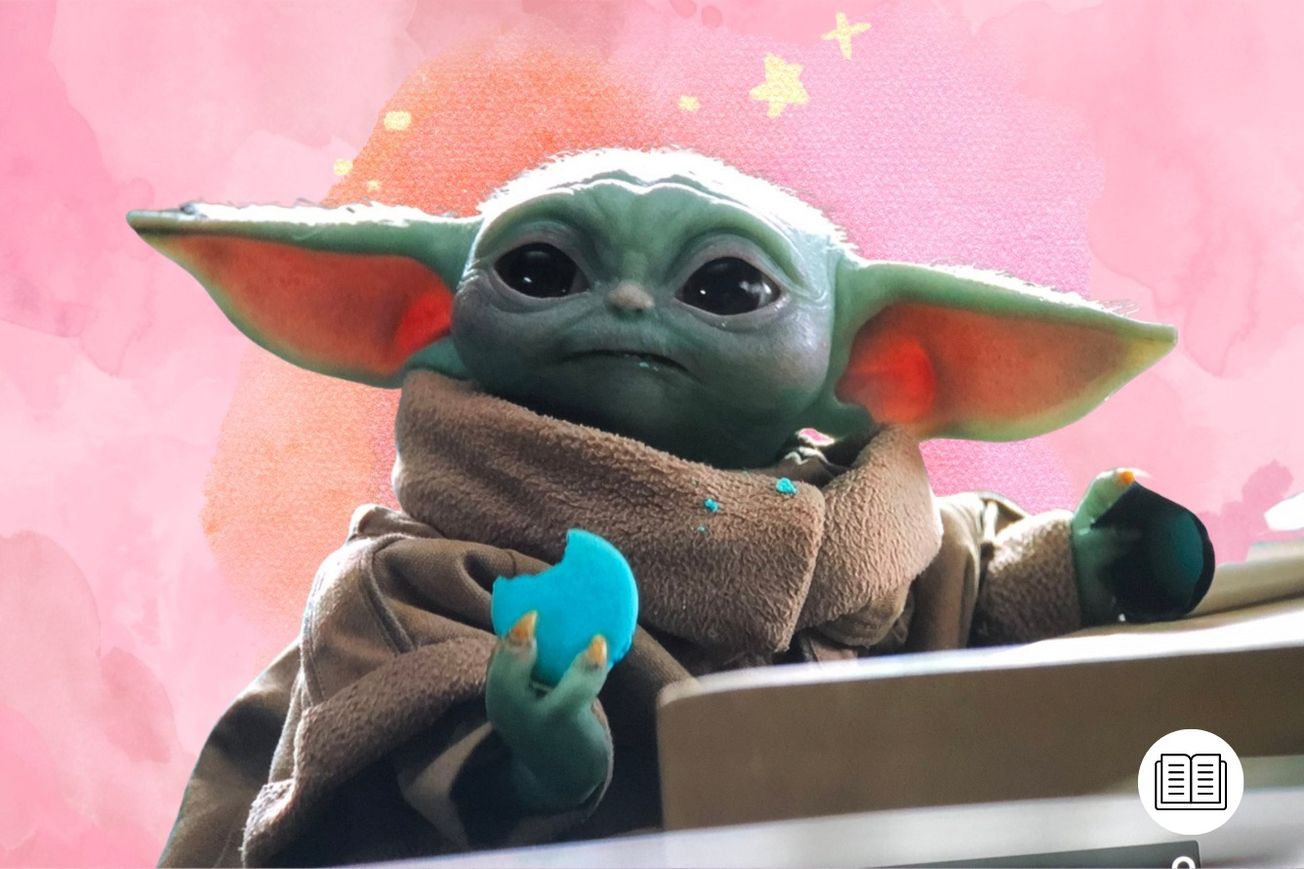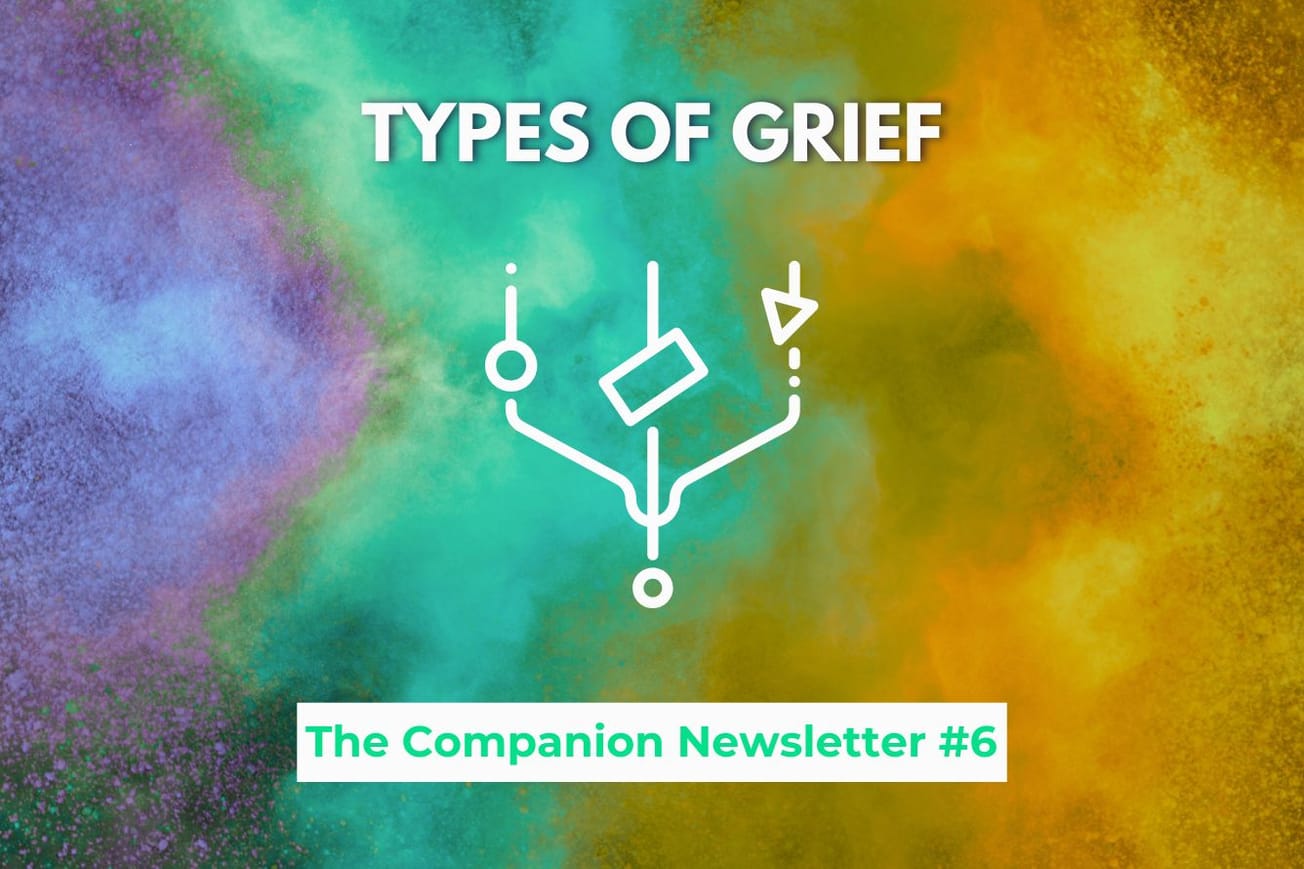Once upon a time (and set in a galaxy far, far away), there was a movie trilogy that changed the world. In 1977, the first chapter of George Lucas’s epic space opera, Star Wars: Episode IV – A New Hope (1977), roared into cinemas, giving the masses a sort of King Arthur meets The Dam Busters (1955) meets… well, Flash Gordon, probably. And, despite being released in less than 40 cinemas, Star Wars immediately broke box office records to become a) one of the first blockbuster films, ever, and b) a cultural phenomenon.
Since then, of course, the tale of Luke Skywalker (Mark Hamill) has taken many twists and turns. He – along with Princess Leia (Carrie Fisher) and Han Solo (Harrison Ford) – saw his fight against the Dark Side’s Darth Vader (James Earl Jones) turn into a ridiculously successful trilogy. Then, a second trilogy – the ever-controversial prequels – gave us the origin stories of Obi-Wan Kenobi (Ewan McGregor), Anakin Skywalker (Hayden Christensen), and Padme Amidala (Natalie Portman).
There was an animated series – Star Wars: The Clone Wars – and a handful of spin-off movies, including the critically-acclaimed Rogue One and the… well, the less critically-acclaimed Solo: A Star Wars Story. There was yet another trilogy, set many years after the original, which followed the stories of three new characters – Rey (Daisy Ridley), Finn (John Boyega), and Poe Dameron (Oscar Isaac) – as they faced down a new evil in Kylo Ren (Adam Driver). And, more recently, we’ve been treated to several gripping TV series via Disney+, including The Mandalorian, Obi-Wan Kenobi, and The Book Of Boba Fett.
I guess I’m trying to say, in a very roundabout way, that the appetite for Star Wars (and even more Star Wars) has never truly gone away. And, based on merchandise sales alone, it seems that a new generation of fans has fallen in love with each new iteration of George Lucas’s original story. Why? Well, partly because it spins a familiar-feeling fairytale – albeit one filled to the brim with epic space battles, masked villains, and laser swords that can cut through anything. Lightsabers aside, though, I have a theory that each new wave of children will always find something to love in these films and TV shows, because they – whether wittingly or not – uncannily reflect contemporary parenting trends.
Let me explain.
Free-Range Parenting in A New Hope
Back in the 1970s, most parents tended to favor a “free-range” approach to parenting. Lenore Skenazy, who trademarked the phrase in her book Free-Range Kids: How to Raise Safe, Self-Reliant Children (Without Going Nuts With Worry), explains that the term means pretty much exactly what you think it means: it’s a more hands-off approach to things, which sees children urged to do more by themselves, whether that’s walking to school alone, preparing their own meals, figuring out how to pass the time when they get bored, and basically stay out of the house until dinner time.
“A scrape, a spat, an afternoon with ‘nothing to do’ – we [free-range parents] not only think they can handle these things; we believe they grow more resilient once they discover their own resourcefulness,” she says on her website.
Luke Skywalker in Star Wars: Episode IV – A New Hope (1977) is an excellent – albeit extreme – example of a free-range kid: like so many heroic characters, he’s an orphan (or so he believes, at least) who bounces around the galaxy having adventure after adventure after adventure. Oh sure, he gets a little gentle guidance from Obi-Wan Kenobi (Alec Guinness), but it’s more, “here’s a lightsaber; try not to point it at your face”, than it is anything else.

And then there’s the fact that “old Ben Kenobi” decides to dodge a pretty important discussion with Luke, too.
“A young Jedi named Darth Vader, who was a pupil of mine until he turned to evil, helped the Empire hunt down and destroy the Jedi knights. He betrayed and murdered your father. Now the Jedi are all but extinct. Vader was seduced by the dark side of the Force,” he tells him at one point. And I guess, technically, he’s not exactly lying – but we all know there was a better way for Luke to learn the truth about his old dad, and Ben probably should have realized that.
Authoritarian Parenting in The Empire Strikes Back and Return of the Jedi
Of course, the free-range parenting approach of the 1970s shifted into the “authoritarian parenting” technique – aka that hyper-traditional parenting model which frequently sees parents employ the phrase, “because I said so” – and so, too, did the tone of Star Wars shift accordingly. Luke finds a new father figure in Master Yoda (Frank Oz), who sets very clear boundaries for his eager student and point-blank refuses to mince his words (“do or do not; there is no try”). Still, though, Yoda holds onto some more free-range techniques and makes a point of allowing Luke to figure things out for himself, even if there was a particular risk attached to it.

It seems as if George Lucas – and many filmmakers of that era – wasn’t exactly a fan of the authoritarian technique, as he uses elements of this parenting style to add some extra terror to the original trilogy’s Big Bad, Darth Vader. Because, spoiler, it’s this guy – half-man, half-machine, almost entirely evil – that unveils himself as Luke’s father in Star Wars: Episode V – The Empire Strikes Back (1981). And sure, he redeems himself at the very end of Star Wars: Episode VI – Return Of The Jedi (1983), but that’s only because he finally stands up to his own authoritarian parent, Emperor Palpatine (Ian McDiarmid), and chucks him down a deep shaft, seemingly putting an end to both Palpatine and the Empire forever. For the most part of the OG trilogy, he’s striding around Force-choking people, freezing Luke’s friends in carbonite, and utterly failing to notice or acknowledge the daughter he kidnaps and sentences to death in that first film. Hmm.
Of course, it’s Vader’s final selfless sacrifice that ultimately kills him, too – and, at the same time, kills off the trope of the overbearing and unreachable parent. Indeed, Luke removes the (physical and metaphorical) mask from Vader’s face as he lies dying, which allows the two a moment to finally connect – and allows Vader the chance to look upon his son “with my own eyes” for the first time. Sniff.
Permissive Parenting in the Prequel Trilogy
On the opposite side of the coin to authoritarian parenting, permissive parenting saw a spike in popularity in the 00s – so it makes sense that it seeped into the prequels, too.
In its most basic form, permissive parenting sees parents attempting to become their child’s best friend. Which, yeah, Ewan McGregor’s Obi-Wan is definitely guilty of with Anakin Skywalker; he’s playful, he’s nurturing, and he’s free and easy with the rules – and thus fills his young padawan with confidence in his own abilities. However, as Jenny Yip, PsyD, clinical assistant professor of psychiatry at the USC Keck School of Medicine and founder of the Little Thinkers Center in Los Angeles, points out:
“The problem is there are no limits. If you’re always allowing a child to do whatever they want, they will never understand that in the real world there are consequences to their actions.”

Yeah, no kidding. Obi-Wan suddenly decides that he should set some boundaries for the rebellious Anakin, and begins laying down the law in Star Wars: Episode II – Attack Of The Clones (2002) – but he’s a little heavy-handed with it. And (unsurprisingly, given the nature of their relationship until now), Anakin bristles at this stark shift in parenting techniques and finds himself pulling further and further away from the man he once respected so much. In fact, he pulls away and finds himself a kindly new father figure in the aforementioned Palpatine, and we all know how that turns out: with an Order 66, a Sith Lord in charge of the galaxy, and dead younglings aplenty.
“Don’t lecture me, Obi-Wan! I see through the lies of the Jedi,” cries Anakin in their final battle in Star Wars: Episode III – Revenge of the Sith (2005). “I do not fear the dark side as you do. I have brought peace, freedom, justice, and security to my new Empire… [and] if you’re not with me, then you’re my enemy.”
“Only a Sith deals in absolutes,” replies Obi-Wan sadly.
And then… well, you know how it goes. Obi-Wan might have the high ground, but he isn’t exactly the best father figure. Basically, if we’ve learned anything from Obi-Wan, it’s this: if you’re going to lean into the world of permissive parenting, lean into it properly. Don’t half-ass it, or you might end up in a (metaphorical) duel on Mustafar.
Authoritative Parenting in The Mandalorian
Come The Mandalorian, everything changed. All about the relationship between Grogu – aka “baby Yoda” – and the eponymous Mandalorian (Pedro Pascal), theirs is a story that struck a chord with many viewers. After all, it’s only when Mando authentically connects with “the child” that our beloved Grogu can tap into his Force powers.
Like all children, Grogu needs and desires his (honorary) dad’s full presence and attention. And, once he achieves this, he isn’t just far more powerful; he also becomes more receptive to learning and playing. And Mando, in turn, doesn’t demand obedience and trust for the sake of it; he puts the work in and earns it.

“You have something I want,” Mando tells Gideon in ‘Chapter 15: The Believer’ (S2, Ep7) when Grogu is stolen from his care. “You may think you have some idea of what you are in possession of, but you do not. Soon, he will be back with me. He means more to me than you will ever know.”
Basically, he adopts an authoritative parenting style – which many psychologists and child experts have described as the perfect sweet spot between authoritarian and permissive parenting. There are boundaries, sure, but the reasons for these are explained. Opinions can be shared. And Grogu, thanks to Mando’s gentle but firm approach, knows that he can trust and rely on both those boundaries and his primary caregiver. That’s why he looks to Mando for approval before venturing out into the world to begin his Jedi training in earnest. Sob.
Gentle Parenting in Obi-Wan Kenobi
Most recently, we’ve been served up a heavy dose of gentle parenting via Disney+’s Obi-Wan Kenobi.
An evidence-based approach to raising happy, confident children, this parenting style is composed of four main elements: empathy, respect, understanding, and boundaries. Sure, discipline methods are used – but they’re always age-appropriate. Boundaries are set, but the emphasis is based on parents modeling the sort of behavior they want to see in their children. Above all else, compassion and encouragement are the cornerstones of this method of parenting – something which can be seen in Obi-Wan’s treatment of a young and ridiculously wilful Princess Leia (Vivien Lyra Blair).
Their relationship doesn’t begin as beautifully or as easily as Obi-Wan and Luke’s in Star Wars: Episode IV – A New Hope (1977), but that’s no bad thing; this “kinda old and beat up” Jedi has to earn Leia’s trust, and he has to do so through kindness and empathy. And, in modeling the behavior he wishes to see, the little princess eventually comes to show her rescuer the same courtesy.

Come to the end of the series, it’s easy to see why an adult Leia will later bestow the name ‘Ben’ upon her own son (it is, after all, the alias of the man who changed her life in a few short weeks). It’s even easier, though, to see the impact that Obi-Wan will have upon the stubborn and precocious child that some less-than-charitable reviewers have described as “bratty.”
“Princess Leia Organa,” Obi-Wan addresses her in the finale. “You are wise, discerning, kind-hearted. These are qualities that came from your mother. But you’re also passionate and fearless. Forthright. These are gifts from your father.
“Both were exceptional people, who bore an exceptional daughter.”
We all know exactly who this little girl will grow up to be someday. We all know that she will become the extraordinarily empathetic, courageous, and Force-sensitive princess that will change the fate of this galaxy (this galaxy far, far away, I mean) forever. And we all know, even if we don’t admit it, that we’d all love our kids to grow up to be even 1/10 as awesome as Carrie Fisher’s Leia.
All hail, then, the gentle parenting approach! Now, is anyone else planning on rewatching the series for a few extra pointers…?
This article was first published on August 4th, 2022, on the original Companion website.
The cost of your membership has allowed us to mentor new writers and allowed us to reflect the diversity of voices within fandom. None of this is possible without you. Thank you. 🙂









